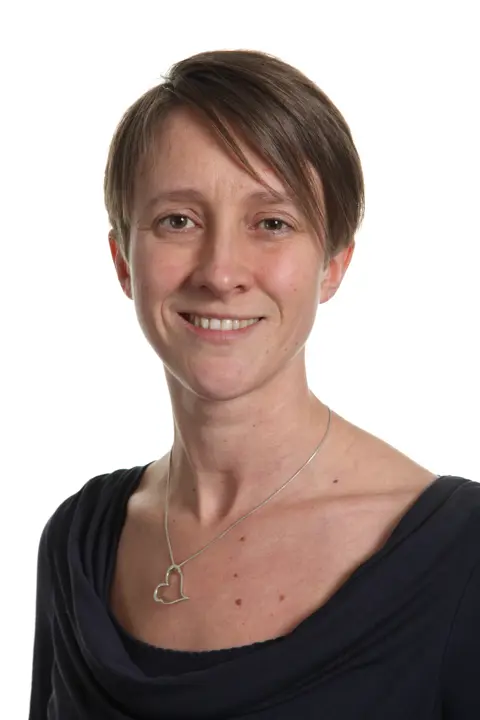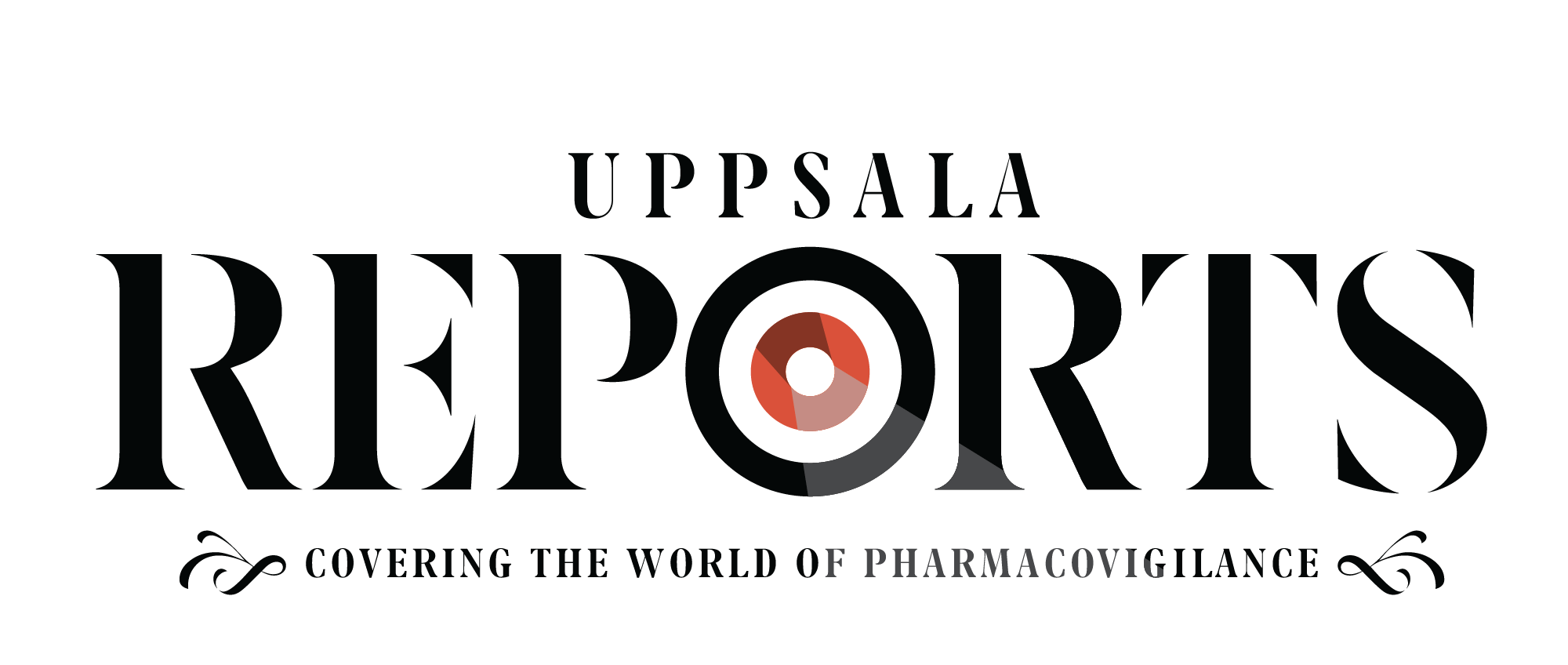
The next version of VigiLyze is set to release, containing many new user- requested features, including a range of new filtering options, such as by continent and WHO region. Users can create customised filter groups and investigate disproportionality by sub-groupings. National pharmacovigilance centres will also be able to filter data using the EMA’s list of important medical events (a subset of MedDRA preferred terms) and there are new graphs and filters for Reporter, Serious, Seriousness, and Fatal.

Alongside these new features, Netherlands Pharmacovigilance Centre Lareb is helping UMC to develop a new approach to signal sharing and will be the first organisation outside UMC to share previously published signals with the network through VigiLyze.
“From our point of view this is a new opportunity to share our signals to a wider audience in addition to our own website and newsletter,” said Florence van Hunsel, Lareb’s head of signal detection.
“Hopefully the information will be of use to others investigating signals. In turn, we will also make use of the UMC signals available in VigiLyze for our own signal detection.”
UMC project manager and business analyst, Jessica Nilsson, says this is an exciting development, which could strengthen collaboration in the WHO programme.
“We are striving to gather information in one place. We know that many national centres look to other agencies to find out what is going on. By sharing signals in VigiLyze, we reduce the risk of evaluating from scratch a problem that has already been evaluated by others, and at the same time we reduce the number of places the user needs to visit to get information,” Nilsson said.
While much remains to be done, the work carried out so far represents a major step forward and has the potential to usher in a new era of enhanced collaboration between centres.




